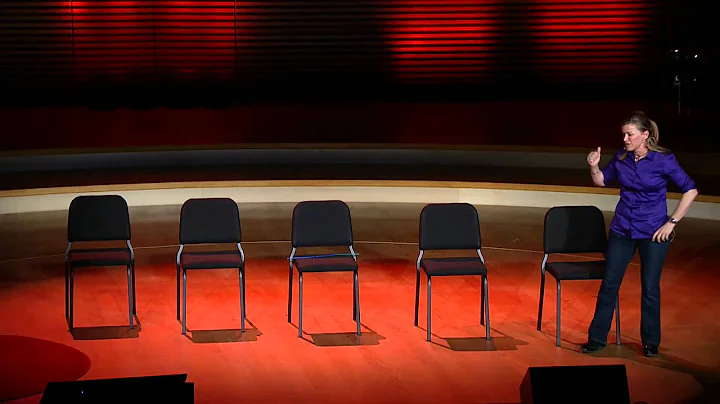
Sand, white and crystal, like grains of coarse salt, shining in the sun. If you step on it, you will feel like a small pulley is installed on the soles of your feet. You may fall and chew sand with your mouth or slide to the sky. This is a steep mountain road about one kilometer long on the Baishagang ridge that was called by the locals. Now, no one has entered the road, a cement-hardened village road passed through the hillside, and since then people have bid farewell to the steep mountain road that often slips and hurts. Not long ago, I passed by there. The steep mountain road that year was nowhere to be found. The vast weeds, crisscrossing shrubs and thorns had already restored the vegetation there. It turns out that things in the world have changed, and it seems that they are just momentary events. But deep in my memory, the difficulties of that section of Baishagang are still so clear.
says that there is actually no road, it is purely a mountain road that people step out with their feet. Quoting a famous saying: "There are more people walking, and it becomes a road." So, where does the white sand all over the road come from? The imaginative locals had a widely circulated legend in their early years, saying that it was a mountain nearby called "Stone Rice Crown". In some time, a "Mute Emperor" who rebelled appeared on the mountain. The "Mute Emperor" failed to rebel and was surrounded and suppressed by officers and soldiers. When they were defeated and fled, they sprinkled the coarse salt that could not be taken away on the hill not far away, and the white crystal sand came from it. The legend is so wild that it is inevitable that it is far-fetched, but it adds a little mysterious to Baishagang and often adds topics to the locals after dinner. In reality, people can tell at a glance that it is sand and soil weathered by the exposed quartz stone by wind, rain, and sun. The road is steep and difficult to walk, so someone should have set up a ladder so that the footboard can be stepped on, right? However, no, people just let the white sand be washed by the rain, so the white sand is exposed and swam.
Back then, such a difficult road was an important passage for people in several villages in our area to enter and exit other places. The village produces bamboo , spring bamboo shoots, wood, rosin, tobacco leaves , brown skin and other mountain products, carried by the villagers on their shoulders, and trotted all the way through Baishagang to the place called "Jiudu Bridge" with the road, where they sell their things to the supply and marketing cooperative acquisition station or other acquisition points. The public grain distributed to every household must be carried on a load of loads and sent to the "Jiudu Bridge" grain warehouse through Baishagang. If there are any quality problems, there is still a risk of being rejected and being carried back. Fertilizers, pesticides and some daily necessities were also carried home through Baishagang. In those days, people in the mountains made some life relying on their own feet to make a living. The road was not smooth, and they had to rely on their feet to flatten them. If their feet were not strong, they would be hard to move forward! No matter how difficult it is, it is common for you to carry the burden. One day, exhausted, but people can still smile bitterly and talk about how to fall down when passing Baishagang, and then quickly get up, pat the white sand stuck in the clothes and even embedded in the flesh, pick up the load and continue walking helplessly. In that year, someone cut rosin in the mountains, and my second brother also went to cut it. Once, I finally asked someone to carry the loads of rosin that I had worked hard to cut for several months to go to the acquisition site of "Jiudu Bridge". When I passed Baishagang, one of them slipped and a load of more than 100 kilograms of rosin was pressed upside down on the white sand. My second brother was so distressed that he almost cried out. For the first time, I followed my elder brother to the village under Baishagang to visit relatives. When I stood there, I didn’t dare to move. The adults, holding heavy burdens on their shoulders, leaning on their sticks, and steadily descended the slope. Carrying a burden and being able to climb up and down steep slopes like walking on flat ground is the survival ability of people in the mountains. Nowadays, there are TV shows that villagers in remote mountainous areas in the west have difficulty climbing out of the mountain or going home. If you have ever walked a mountain road like Baishagang, you will know that difficult roads are actually everywhere in the mountainous areas! Moving forward with a heavy burden, no matter how difficult it is, you can always find a place to stay. This is the effort forced by a difficult life. For this reason, people in the mountains often say "There are burdens and steps on their shoulders!" Back then, people in the mountains who were struggling on the front line of survival often encouraged themselves to live day by day.
However, Baishagang was not all helpless and painful. What was pleasant was that a group of people, in sweaty fatigue, under a tree like a giant umbrella, threw the burden aside and took out the lunch from the straw bag. Although the food was already cold, everyone still ate the food into their stomachs to replenish their energy. Everyone was eating and talking, or exchanging some dishes to eat, just like a family, very warm. After climbing the hill with a load, a brief relaxation is a kind of happiness. This feeling cannot be understood by people who have never experienced it. Once, I stretched my legs and lay on the ground covered with leaves. The uncle next door smiled and pinched my calves and said, "Your legs are still growing, but our legs are not as shaped as ours!" It was said that I was still young at that time. However, my "growing" legs have no strength, and I just can't catch up with their "standard" legs when I carry a load and climb a mountain. Once I couldn't walk anymore, but a cousin next door came back to help me pick it up after climbing to the top of the mountain. They felt sorry for me, a "scholar" and said that it was normal for a "scholar" to have no strength. Now, walking on the spacious and bright concrete village road, when recalling these, it feels like "the light boat has passed thousands of mountains".
Baishagang is the memory left to me by the difficult years.











